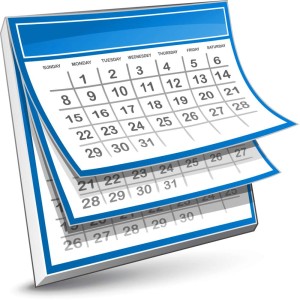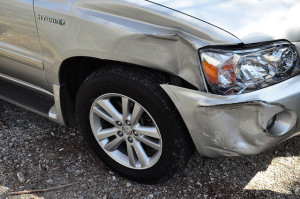
It’s nice to get into the school day routine, but keep in mind that any children who are in grades K or higher will be off here and there throughout the school year, depending on what school district they attend. These are regular workdays for an au pair, unless your host parents tell you otherwise. As with any “school holiday” start making plans for activities with the kids now.
In addition to holiday in September (Labor Day, which is generally the day before the first day of school in Virginia) many public schools are also out additional days for teacher development and the end of the grading period. As with any holiday, it is up to the host family’s schedule whether you will have the holiday off. Please check with your host families before you assume you have this day off. Do not make any travel plans until you have received confirmation that you will not work on this day.
Host parents, please check your schedule to make sure that you are factoring in these hours and make adjustments as needed to stay within the State Department regulations not exceeding 10 hours per day or 45 hours per week.



